Greetings Disciples of Jesus!
At the end of September I attended the Fall Gathering of rostered leaders from across the state of Iowa. The guest lecturer was one of the Lutheran bishops of Hungary, Bishop Dr. Tamás Fabiny. On Reformation Sunday, I shared how the Bishop tried to teach us the Hungarian Lutheran greeting, “Erős vár a mi Istenünk!” And the other replies with the same, “Erős vár a mi Istenünk!”
Which translates, “A mighty fortress is our God!” This illustration made from the sermon tickled David Whitebread’s memory of a joke Pope Francis told at Ferenc Liszt Airport after visiting Budapest in September of 2021.
Why will we speak Hungarian in heaven?
Because it takes an eternity to learn it!”
Translation and communication. It is not an easy thing and demands our attention, time and reflection. A week later I was delighted to have Katie Ode pull out her Greek New Testament during the sermon at the 11:00 service when I mentioned that Zaccheaus tells Jesus about what he is already doing – giving his possessions to the poor in the present tense but the NRSVue and NRSV puts it in future tense, which leads us to believe that he will do this because of his encounter with Jesus (Luke 19:8) not that he is already trying to support his community who has already made up their mind about him. Translation choices change the meanings we derive from the text. I was hoping the updated edition would correct the verb tenses.
And then last Sunday, November 9, did you catch the new Job translation of a very familiar text? “I know that my redeemer lives” is now “I know that my vindicator lives.” (Job 19:25). We will continue to sing the familiar hymn but now another layer of understanding comes before us. The Hebrew, go’el, vindicator was used rather than redeemer because of the context Job was referring to. Job was in a legal context like a court room. The translation team wanted to focus more on this aspect and avoid imposing a later Christian theological concept of redemption on this text.
Many decisions are made when translating. It is a complicated process, as any of you know who have experience with translating. It’s why both Jews and Muslims insist on using original language. It wouldn’t hurt us either. And I would advise you in your study of the Bible to use many translation as well as the web site: Bible Hub which offers Hebrew and Greek interlinear along with Strong’s numbers (an exhaustive concordance) to discover how the word is used in other contexts, biblical and historical. It’s a wonderful tool and may just open wider God’s word for us today.
Once I get beyond my whining and complaining, I can think again about God as redeemer and God as vindicator and my idea of God has grown and expanded. I love that about God most of the time. The mysteriousness of God can delight and discourage me, often at the same time. But that is what it means to live in relationship with another, and I am grateful God is gracious and merciful and slow to anger and abounding in steadfast love!
Bold Inquisitive Belief Loving Expansively,
Pastor Connie Spitzack

